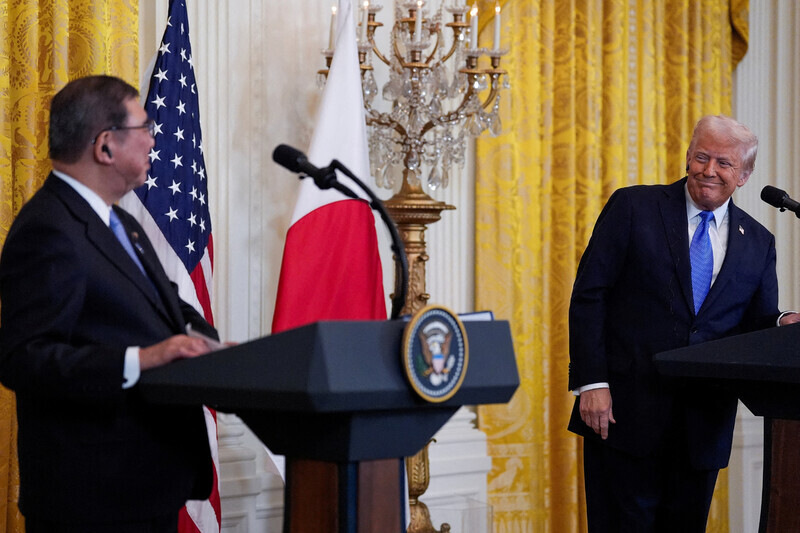
TOKYO – Japan has abruptly canceled its high-level "2+2" foreign and defense ministerial meeting with the United States, a move widely interpreted as a direct rebuke to Washington's escalating demands for increased defense spending and a sign of growing friction within the crucial US-Japan alliance. The Financial Times reported on June 21, 2025 (local time), that Tokyo's rare strong stance marks a significant departure from its traditionally accommodating approach to US requests.
The cancellation of the "2+2" talks, originally scheduled for July 1 in Washington, was directly triggered by the US demanding Japan raise its defense expenditure from 3% to 3.5% of its Gross Domestic Product (GDP). This follows previous US pressure for Japan to reach 3% and broader calls for North Atlantic Treaty Organization (NATO) members and allies like South Korea to increase their defense spending to 5% of GDP. Elbridge Colby, the third-most senior official at the Pentagon, reportedly delivered the heightened demand, sparking considerable anger within the Japanese government. Colby has been a proponent of allies increasing their defense contributions to counter threats, having also recently prompted backlash from Australia over a submarine project review.
This diplomatic friction comes at a sensitive time, as the Trump administration has already adopted a tough stance on trade, including imposing reciprocal tariffs on Japanese goods in April, further fueling anti-US sentiment in Tokyo. Prime Minister Shigeru Ishiba has previously asserted that Japan's defense budget is a domestic decision, not dictated by other nations.
Analysts suggest Japan's decision is also influenced by its domestic political landscape, particularly the upcoming Upper House election on July 20. With the ruling Liberal Democratic Party (LDP) facing a predicted setback, canceling the meeting avoids appearing subservient to US demands and could resonate positively with a public wary of increased financial burdens. Christopher Johnstone, a Japan expert and former senior US administration official, noted that the "2+2" meeting is a "politically valuable opportunity" to showcase alliance strength, and its cancellation signals "serious discontent" within Japan regarding the bilateral relationship.
Japan's long-standing commitment to maintaining defense spending at around 1% of GDP stems from its post-World War II pacifist constitution (Article 9), which renounces war and limits military capabilities to self-defense. While rising regional threats from China and North Korea have led to recent shifts, including a 2022 decision to double the defense budget to 2% of GDP by 2027, the sudden demand for 3.5% presents significant fiscal and constitutional challenges. Debates continue within Japan regarding the interpretation and potential amendment of Article 9, with public opinion divided on the extent of military expansion.
The US pressure for increased allied defense spending aligns with the Trump administration's "America First" policy and its strategy to counter China and strengthen the Indo-Pacific framework, often viewing existing security treaties as one-sided. However, this approach risks alienating allies and weakening crucial alliances.
The cancellation of the "2+2" talks serves as a significant test for the US-Japan alliance. As the US aims to maximize its interests while maintaining traditional alliances, Japan has clearly signaled its unwillingness to unconditionally accede to demands. The forthcoming Japanese Upper House election and subsequent shifts in Japan's foreign policy will be critical in determining how both nations navigate this challenging period and potentially redefine their strategic partnership.
[Copyright (c) Global Economic Times. All Rights Reserved.]



























